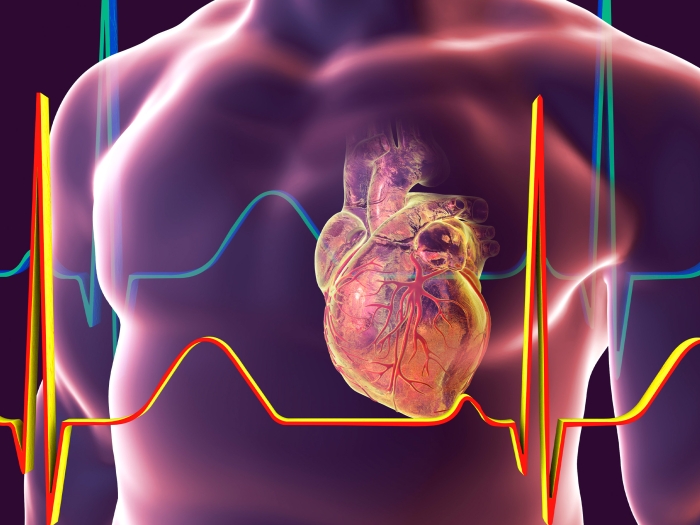Anyone can vote to help studies on brain cancer, heart transplant, dementia care and deadly fungal infections advance in STAT Madness 2024
2:00 AM
Author |

Updated, March 15: Three of the teams have received enough votes to reach the third round of the tournament. Voting ends March 21 for this round.
For basketball fans, it's almost time for March Madness, as teams vie to make the brackets of 68 teams that will compete for the national titles in men's and women's hoops.
But for biomedical researchers, this month is time for STAT Madness, the virtual tournament of science. And four University of Michigan research teams have already made the bracket of 64 teams selected by editors at STAT News.
They were picked for their groundbreaking work on brain cancer, heart transplant, dementia care and deadly fungal infections published in 2023.
See the 2024 STAT Madness bracket and vote now
Now, they need the public's votes to help them advance to the next round, by beating their competitors in head-to-head matchups. The competition is a friendly one, designed to increase public awareness of the importance of research on human health.
But U-M's pride is on the line, after several trips to the semifinals and a national victory in 2019.
Sign up to receive emails when a new round of voting opens.
This year's U-M entries in STAT Madness are competing under the banners of four units of the university. They are:
Michigan Medicine:
A team led by Teresa O’Meara, Ph.D., of Microbiology & Immunology, who published a paper in Science about how the deadly Candida auris fungus sticks to everything from skin to catheters, making it especially tricky to eliminate in clinical settings.
The research is described in this story, and the paper is here.
Institute for Healthcare Policy and Innovation (IHPI):
A team led by HwaJung Choi, Ph.D., of General Medicine and Cathleen Connell, Ph.D., of the School of Public Health, who published a paper in JAMA Internal Medicine that tallies the financial toll of a dementia diagnosis on patients themselves, and the caregiving burden on the patient’s family.
Read about the research here; read the full paper here.
Rogel Cancer Center:
A brain cancer research team led by Neurosurgery faculty Pedro Lowenstein, M.D., Ph.D. and Maria Castro, Ph.D., and former Neurology faculty member Yoshie Umemura, M.D., who published a paper in Lancet Oncology showing promising Phase I clinical trial results from a glioma therapy based on a combination of drug therapy and immunotherapy developed at U-M.
Story about the research here and read the full paper here.
Frankel Cardiovascular Center:
A team led by current Cardiovascular Medicine faculty Eugene Chen, M.D, Ph.D., and former Cardiac Surgery faculty Ienglam Lei, Ph.D. and Paul Tang, M.D., Ph.D, who published a paper in Science Translational Medicine about their use of a seizure medication to increase the length of time that donor hearts can be stored before transplantation.
Read a story about the research here and the full paper here.
The bracket will narrow week by week, with the final tipoff happening just around the same time that the basketball tournaments reach their final round. Anyone can vote in each round, and can sign up to receive an email when a new round begins.
Voters are also encouraged to share the bracket on social media with the hashtag #STATMadness to encourage others to do the same.
Want to learn about what U-M's research teams are discovering all year long? Subscribe to the weekly email newsletters from the Michigan Health Lab team, or follow @umichmedscience and @umichresearch on X or Michigan Medicine on Facebook, LinkedIn, X and Instagram.

Department of Communication at Michigan Medicine





